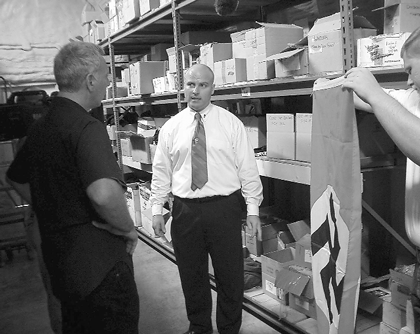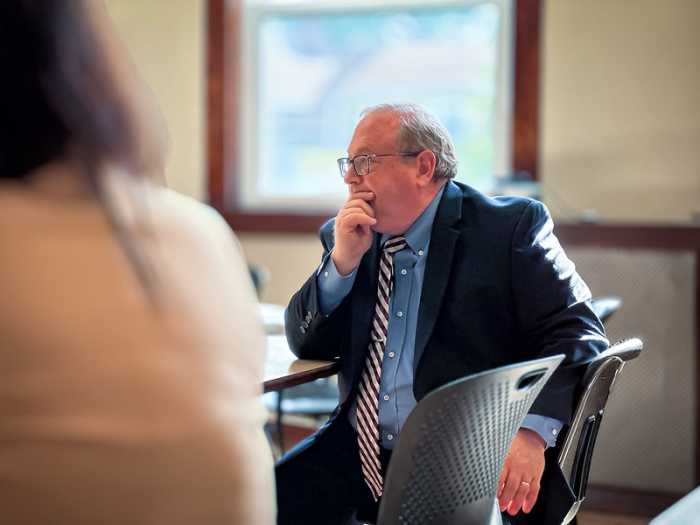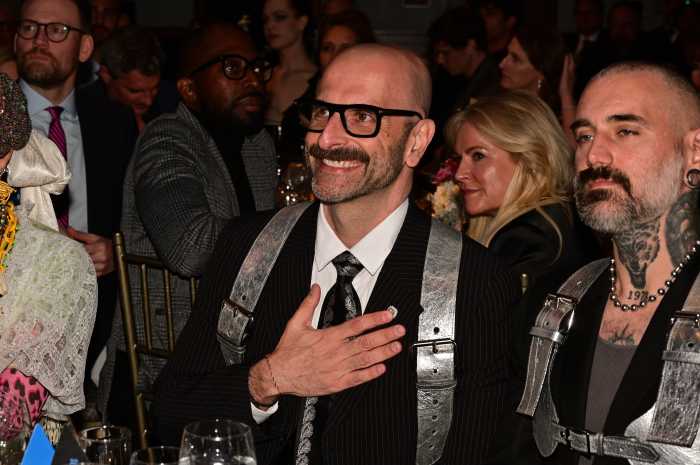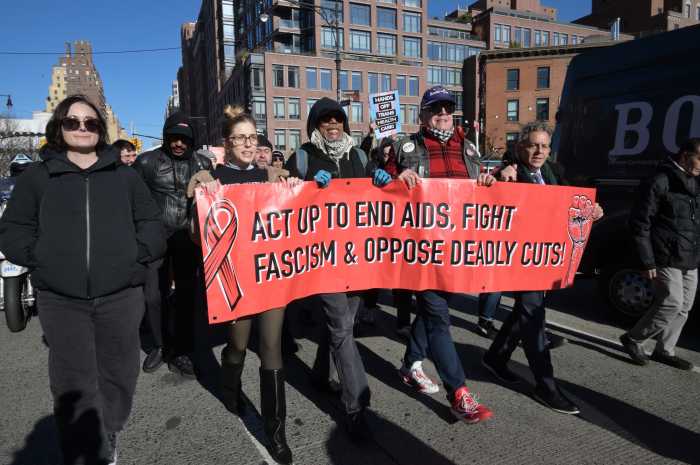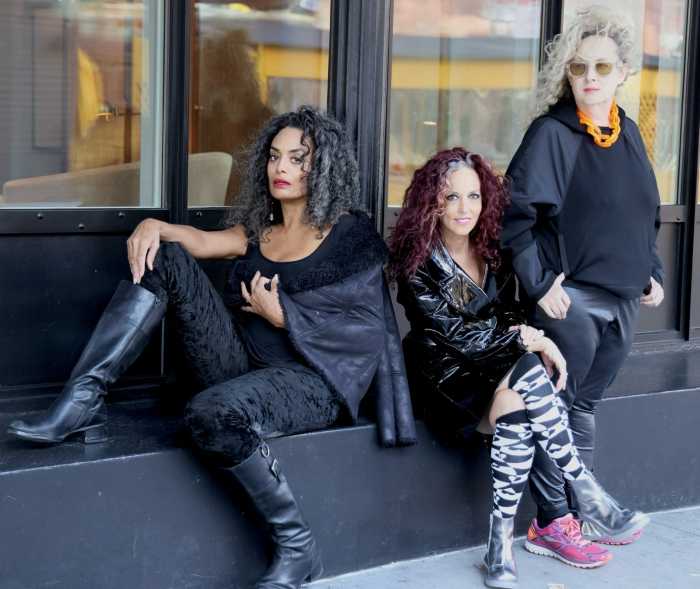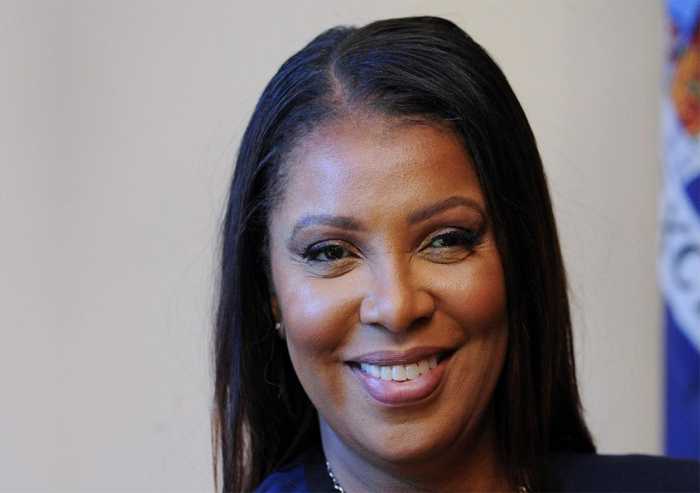HBO documentary shows many paths to hate, but offers little insight
If PBS is associated with a blandly earnest, stodgy brand of documentary exemplified by Ken Burns, HBO productions call up a different set of expectations. The channel that brought you “Taxicab Confessions,” “Real Sex,” and “Cathouse” favors documentaries with some sensational angle, whether sex or drugs, as in “Methadonia,” which recently played the New York Film Festival. They’ve lent a hand and platform to plenty of good films, such as Andrew Jarecki’s “Capturing the Friedmans,” but would they have produced two recent documentaries about artist Spencer Tunick if his work didn’t specialize in public nudity?
There’s no sex or drugs in “Protocols of Zion,” which HBO will be airing, just a tabloid treatment of issues that deserve a more nuanced treatment.
The film’s poster shows a World Trade Center made from copies of the anti-Semitic hoax book “The Protocols of the Elders of Zion” and asks, “Did you hear that no Jews died on 9/11?” “Protocols of Zion” isn’t as inflammatory as the image being used to promote it, but all too often it thinks that a shouting match is a revelation. Googling “9/11 conspiracy theory” produces 2,230,000 results. Last year, rapper Jadakiss’ hit song “Why?” accused Bush of blowing up the towers.
Director Marc Levin takes this paranoia as his starting point, suggesting that anti-Semitism has increased since 9/11. However, he doesn’t offer much real evidence for this, like statistics. His impetus for “Protocols of Zion” came when he heard an Egyptian-born cab driver state that no Jews died in the World Trade Center attack and mention “The Protocols of the Elders of Zion” as truth. The book, alleged to be the product of Jewish conspirators planning to take over the world, was actually written in 1905 by agents of the Russian czar and has been debunked numerous times.
Levin isn’t that interested in the specifics of 9/11 conspiracy theories. He views them as a gateway into older forms of anti-Semitism, beginning with the claim that the Jews killed Jesus. “Protocols of Zion” rambles like mad, as Levin fits in any material that caught his eye without much regard for structure. It’s a first-person documentary, with the director appearing on camera, speaking about himself, and even participating in a talk radio show with the head of an anti-Semitic Web site.
“Protocols of Zion” includes Levin’s street interviews with African-Americans and Arab-Americans making anti-Semitic statements. One man claims that the Jews’ control of New York can be seen in Rudolph Giuliani’s name! As hateful as these people are, one wonders how significant they really are; Levin gets less ignorant answers from a group of prisoners. Their resentment seems rooted in jostling between minorities over whose history is more tragic and who has been more oppressed. Levin also interviews condescending evangelical Christians and white neo-Nazis, whose attempts to mainstream anti-Semitism are probably more dangerous than blatant extremism.
Levin’s film opens up many subjects, few of which are dealt with in a satisfying manner. He brings up his own childhood interest in JFK conspiracy theories but never really ties it to the 9/11 rumors. If he still finds something seductive about paranoia, he doesn’t delve into it. Before showing footage of the Israel Day parade, he suggests that the Israeli/Palestinian conflict is one of the world’s primary sources of anti-Semitism and interviews a few Jewish hate mongers who think Ariel Sharon’s government isn’t right-wing and anti-Palestinian enough. However, this topic, too, is soon dropped.
Toward the end, the film focuses on the victims of 9/11, many of them Jewish—as Levin takes pains to point out—and the cantor who also serves as a medical examiner. This man claims that 9/11 brought out the best in New Yorkers, a statement Levin never questions even though it contradicts his film’s whole thesis.
Much of Levin’s footage is truly chilling, especially a virulently anti-Semitic speech by the Malaysian prime minister and clips from Arab TV. These include an Egyptian mini-series dramatizing “The Protocols of the Elders of Zion,” complete with Jews slitting a Christian boy’s throat, and a talk show in which a little girl states that the Koran says Jews are pigs. These indefensible images are taken out of context; it’s hard to imagine what kind of program would bother asking four-year-olds for their opinions of Jews, and its’ doubtful they are representative of all Arab media. Still, unless they speak Arabic and have access to overseas satellite channels, few Americans are in a position to know. Levin acquired these clips from MEMRI, an organization that has been accused by liberal Middle East scholars of selectively translating the most extreme and provocative statements from the Arab press and presenting them as though they were the only opinions expressed in it.
In the end, “Protocols of Zion” does shine a valuable light on the many varieties of anti-Semitism flourishing today. It suffers from a lack of analysis, though. A more successful film would have required a director who could tie together many threads to make a seamless argument, and more than 90 minutes. Levin’s collage of sound and fury intends to show that anti-Semitism has taken on new life, but it’s hobbled by a scattershot, sound bite mentality.
gaycitynews.com

